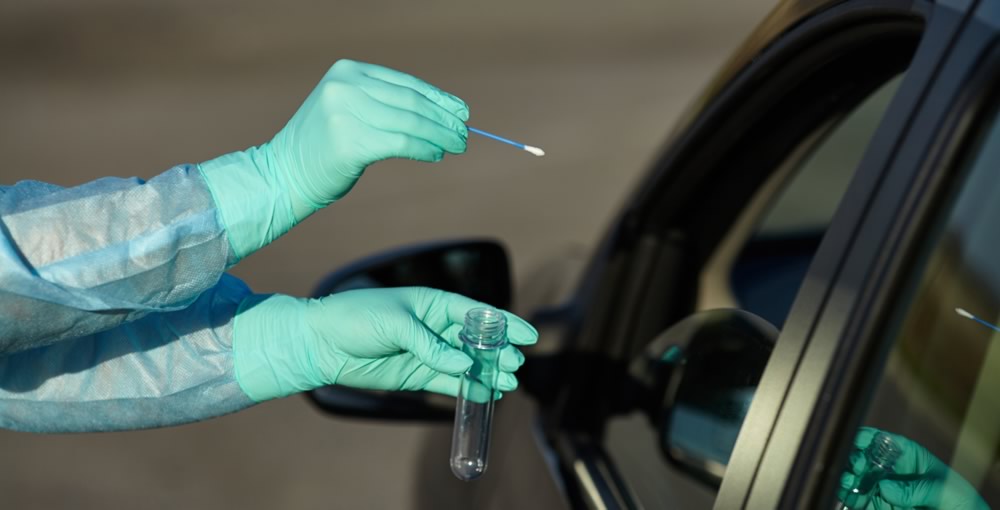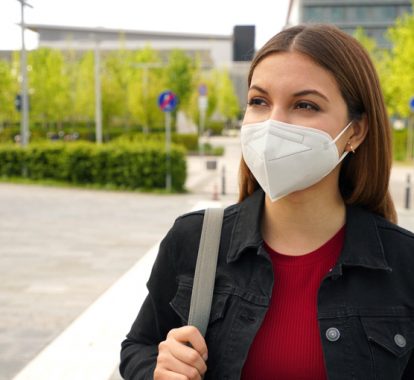Return-to-work COVID testing undercuts a precious resource
August 18, 2020

Six months into the COVID-19 pandemic, we remain in the frustrating position of not being able to meet the testing demands of our community.
COVID-19 tests remain a resource that needs to be preserved for the most appropriate medical uses. Recently, the CDC clarified that COVID-19 test-of-cure, to verify that a patient has recovered, should not be used to determine return-to-work except for those with severe immunosuppressive disease or health care workers leaving isolation before the 10-day post-onset of symptoms.
As the largest private resource for COVID-19 testing in this area, we have been performing 1,500 tests daily in our community since June 1. A common rationale for a test has become “my employer requires a negative test before I return to work.” This test-of-cure is not beneficial and may provide some with unwarranted confidence about the health of their employees and keep people needlessly out of work.
In the early phase of the pandemic, the CDC required two negative tests at least 24 hours apart prior to releasing an infected person from medical isolation. Since mid-March, there was a second set of criteria for release called symptoms-based strategy, or SBS, which the CDC has also updated.
The requirements for SBS release from medical isolation are at least 10 days since the onset of symptoms and no fever for 24 hours, with symptoms improving (not resolved). We have been applying these medical criteria for COVID-19 patients at our facilities since they were introduced.
Not only is a shortage of test capacity an issue, but the interpretation of a test that remains positive is a very real problem. Though some may have detectable virus particles or proteins produced by the virus in the respiratory tracts for weeks and hence a continued positive result, these remnants are not infectious. Not only does this type of testing keep individuals needlessly out of work and isolated from their communities, but it enhances the fear and anxiety associated with this illness.
For employers mandating return-to-work testing, reviewing the clarification from the White House regarding the Families First Coronavirus Response Act is important. This established that evaluation and treatment for COVID-19 would be entirely covered by insurance plans, with no cost-sharing on the part of the insured. Examples include waived deductibles, no copay or coinsurance.
The clarification was that testing required by employers for return-to-work is not included under this coverage. Thus, a question becomes who will cover these expenses, employer or employee?
Dr. David Gude is the chief operating officer and a practicing physician at Texas MedClinic.




